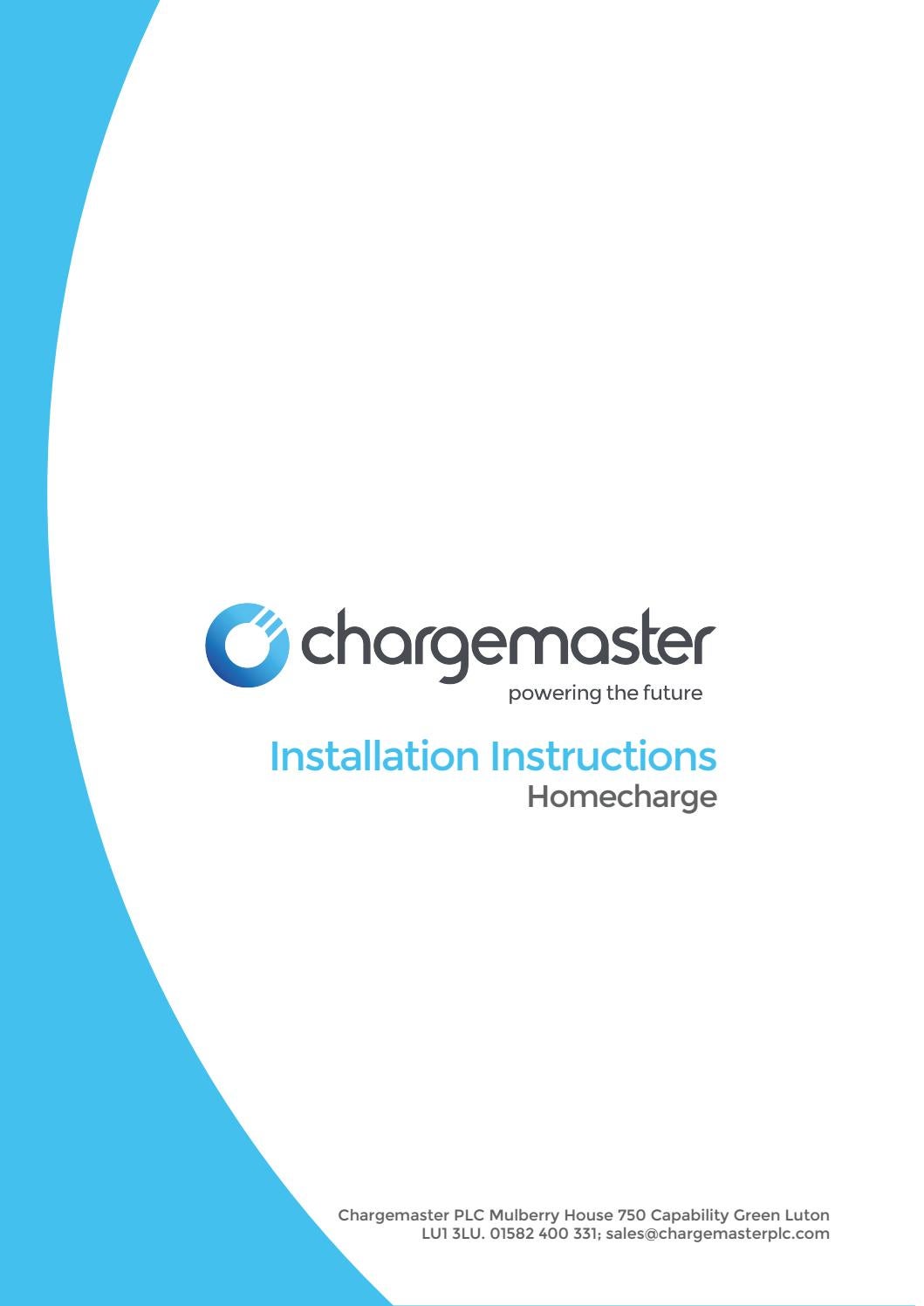- Aug 12, 2017
- 14,327
- 20,719
- 3,557,381
- 51
- If you're a qualified, trainee, or retired electrician - Which country is it that your work will be / is / was aimed at?
- United Kingdom
- What type of forum member are you?
- Practising Electrician (Qualified - Domestic or Commercial etc)
Had a call from a parent of one of my daughters friends…
” Do you do electric car charge points”
“Well, no. Not installation, but I can diagnose faults…. Tell you what’s needed. “
“I’ve already phoned the supplier. Not interested. 3 weeks out of the warranty period. “
So here’s the charge point.

And here is where I think the problem lies.

Ok. Severe overheating on supply neutral cable.
Easy enough to fit a new box, rerterminate the ends… but I’ve got a couple questions of the EV experts.
1. Heat caused by loose connection or over current? What load should this charge point be taking? Is it going to happen again if I replace this box and remake the joints.
2. What is the small core twisted cable with the red tip device be for?
” Do you do electric car charge points”
“Well, no. Not installation, but I can diagnose faults…. Tell you what’s needed. “
“I’ve already phoned the supplier. Not interested. 3 weeks out of the warranty period. “
So here’s the charge point.
And here is where I think the problem lies.
Ok. Severe overheating on supply neutral cable.
Easy enough to fit a new box, rerterminate the ends… but I’ve got a couple questions of the EV experts.
1. Heat caused by loose connection or over current? What load should this charge point be taking? Is it going to happen again if I replace this box and remake the joints.
2. What is the small core twisted cable with the red tip device be for?









